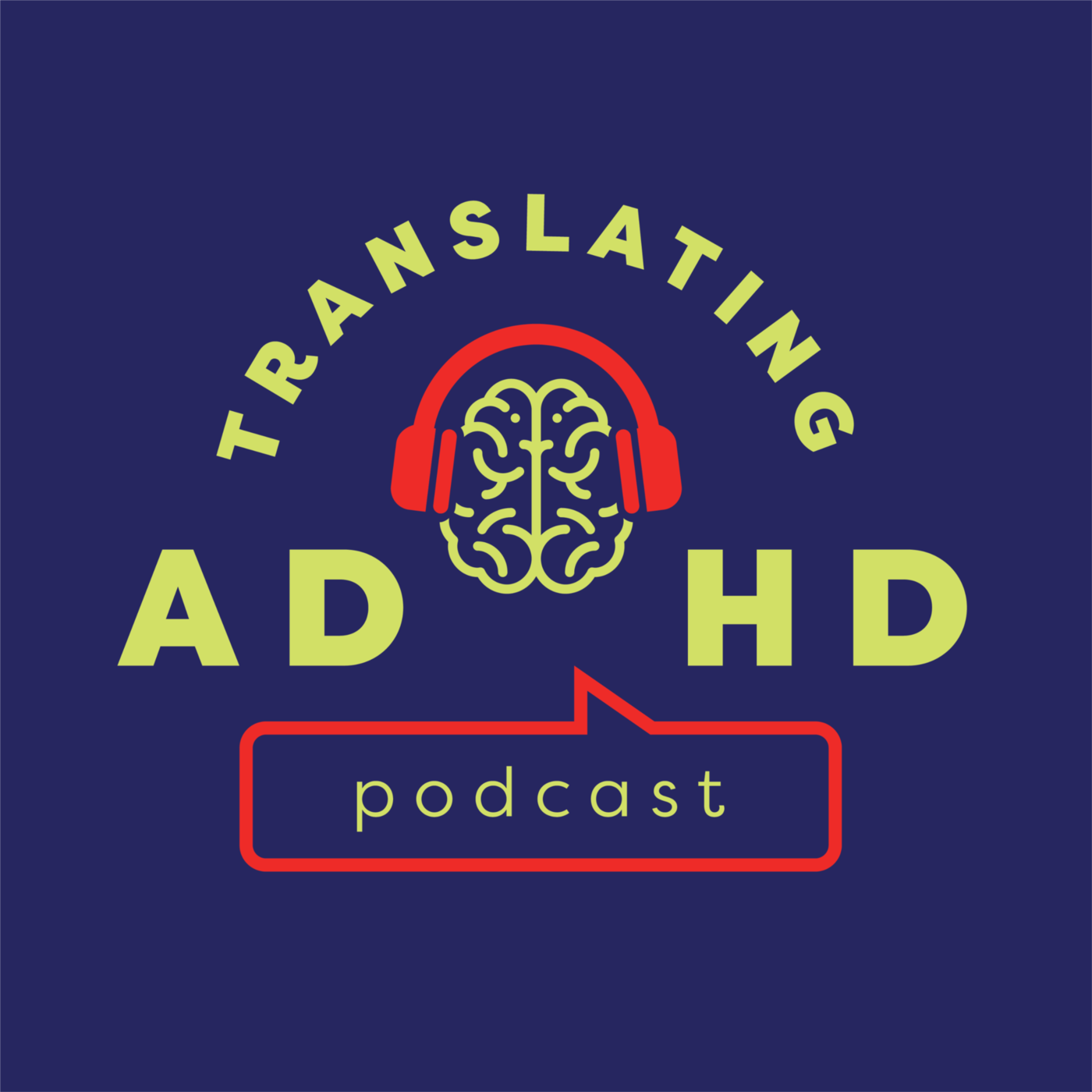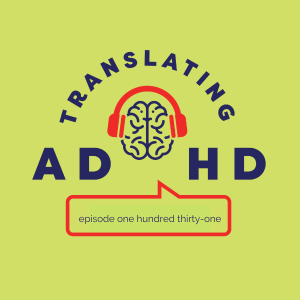
1.4M
Downloads
268
Episodes
We believe that success with ADHD is possible... with a little translation. Hosts Asher Collins and Dusty Chipura, both ADHD coaches who have plenty of insight to share navigating their own ADHD experiences, discuss how to live more authentically as an adult with ADHD and how to create real, sustained change to achieve greater success. If you are an adult with ADHD who wants more out of their business, career, and life, this is the podcast for you!
Episodes

Monday Jun 06, 2022
Habitual Responses to Time with ADHD
Monday Jun 06, 2022
Monday Jun 06, 2022
Last week Cam and Shelly talked about habitual emotional responses to the stories we tell ourselves. This week they explore habitual responses in the context of time. Those of us with ADHD can have a complicated relationship with time. We can be extremely reactive to it, and we can be highly avoidant of it.
Today the hosts share client examples of some classic habitual responses to time. Shelly and Cam reference the Eisenhower Decision Matrix tool that distinguishes importance and urgency in a task, especially Quadrant I items that are important and urgent and the ever-challenging Quadrant II items that are important and not urgent. With ADHD just ‘scheduling’ our important items in the future is not enough. We have to first address the propensity to be drawn to the biggest signals - lit up by urgency and our level of interest.
Shelly leads off with her own client example where her client struggled with scheduling the all-important case notes in her role as a special education teacher. As Shelly and her client start to look for the “big chunks” of time the client starts to shift her perspective, not only seeing the time but how the time would be valuable to address much more relevant tasks. In doing so, Shelly’s client noticed and shifted away from her habit of thinking she needed big chunks to finish her notes. Cam follows with an example where the client’s habitual response is to avoid undefined but less urgent tasks, pushing them to the next day on his calendar. These self-described “black boxes” were a source of underlying anxiety for Cam’s client. But when the client let go of not knowing and embracing a narrow role of just assessing and defining the task, he could overcome his avoidant behavior. In both examples, the clients got curious and present to the opportunity at hand. Cam and Shelly leave listeners with some simple practices to start identifying and shifting habitual responses to time.
Episode links + resources:
For more of the Translating ADHD podcast:
- Episode Transcripts: visit TranslatingADHD.com and click on the episode
- Follow us on Twitter: @TranslatingADHD
- Visit the Website: TranslatingADHD.com

No comments yet. Be the first to say something!